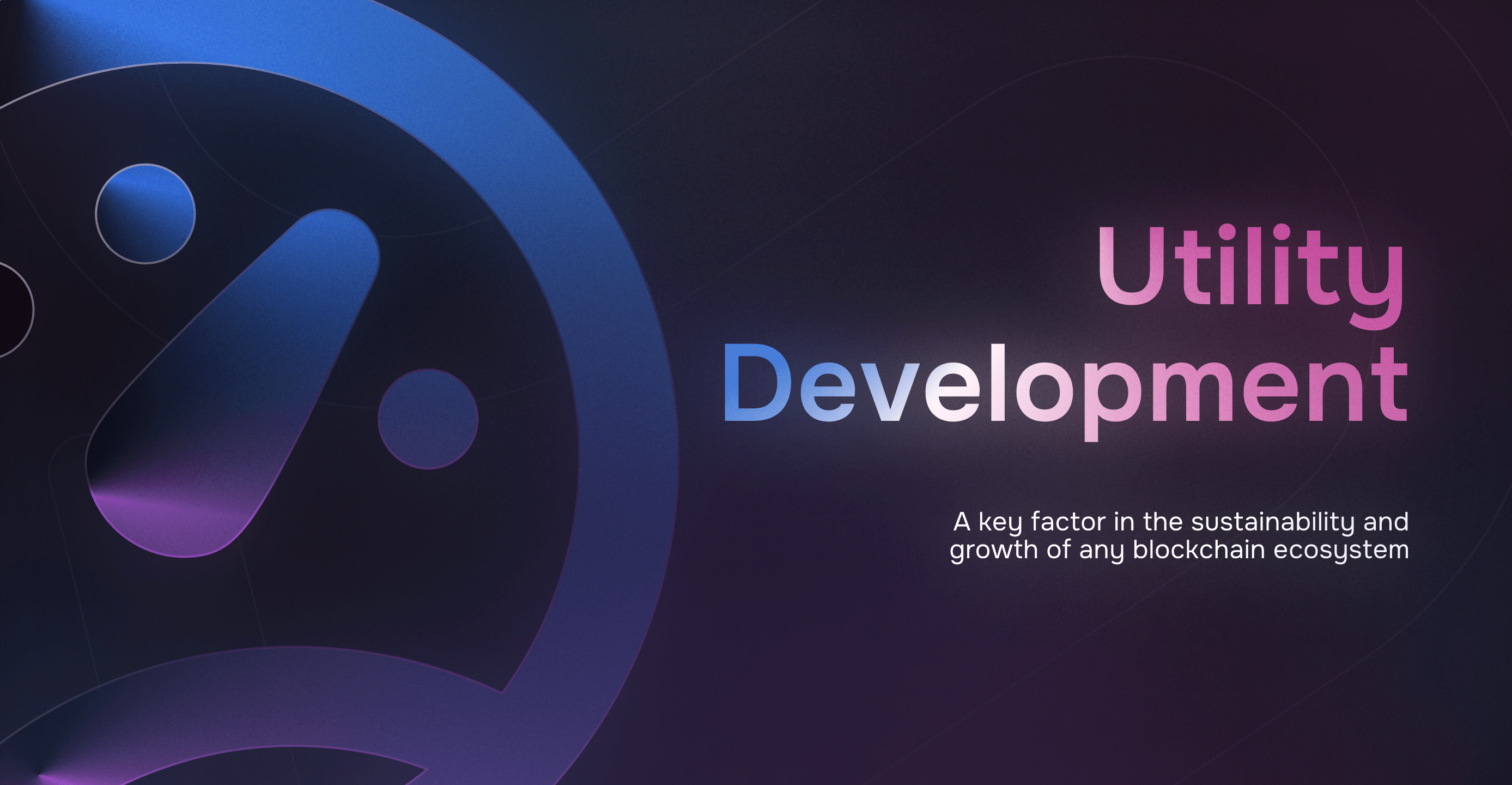Blockchain assets play a key role in digital ecosystems, and utility tokens are among the most widespread types. These tokens provide access to the platform’s functionality and serve as important toosl for its operation. However, to fully understand their significance, it is important to distinguish between utility tokens and security tokens, as they serve different purposes and are subject to different regulations.

What Are Utility Tokens?
Utility tokens are digital assets that operate within a blockchain ecosystem, performing specific functions within the platform, granting users access to its services and features. Essentially, they act as a key to the project's functionality, enabling interaction with its internal mechanisms.
- Issuance: Utility tokens are typically issued through ICOs (Initial Coin Offerings), IEOs (Initial Exchange Offerings) or TGEs (Token Generation Events).
- Functionality: Their primary role is to facilitate user interaction with the platform, and performing of its internal operations.
- Value: The market value of utility tokens is directly tied to the demand for their usage in the ecosystem.
Utility Tokens vs. Security Tokens
🔑 Purpose:
Utility tokens grant access to services and features of a blockchain platform.
Security tokens are investment assets that provide holders with a right to a share in a company.
⚖️ Regulation:
Utility tokens are generally not classified as securities and thus face less regulatory oversight.
Security tokens are strictly regulated, as their holders expect returns or profits.
📈 Profitability:
Utility tokens derive value from their usefulness and demand in the ecosystem.
Security tokens are used for investment purposes, their holders expect growth in value and possible dividends.
🔄 Usage:
Utility tokens are purchased to interact with platforms and its internal services.
Security tokens are held as long-term investments for potential profit.
⚠️ Risks:
Utility tokens are subject to price fluctuatuons depending on platform demand.
Security tokens are exposed to market volatility, regulations, and company economic performance.
Utility Tokens in the Blockchain Economy
- Provide platform functionality: Utility tokens allow users to perform operations in the blockchain environment, participate in the platform mechanisms and interact with its features.
- Not an investment asset: Utility tokens do not provide ownership or profit-sharing rights, and their value is based on the demand for the utility they offer.
- Used in blockchain project ecosystems: Many projects create utility tokens for internal circulation, simplifying user interaction with the platform and introducing unique mechanics.
The Spintria Utility Token
Spintria ($SP) is a utility token designed for projects in the 18+ category.
To better understand the project's concept, we recommend reviewing the Spintria tokenomics and litepaper.